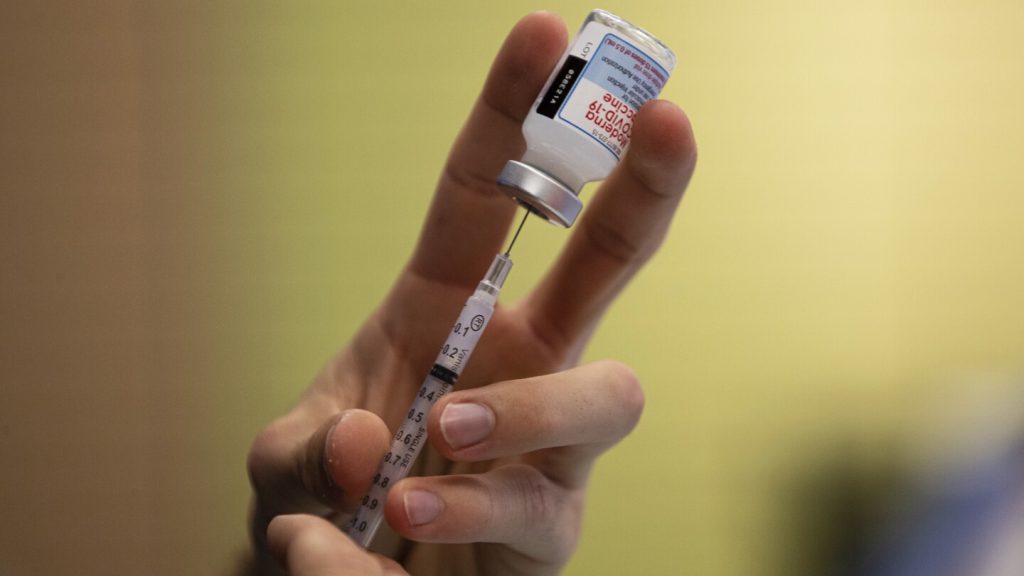Priddy’s sentence comes after he pled guilty to making a false statement to investigators regarding vendor invoices for COVID-19 tests in West Virginia. He claimed to have verified the invoices but did not, leading to suspicions of overbilling and misuse of federal funds. The vendor in question reported results for 49,000 tests but submitted invoices for over 500,000 test kits, raising concerns about accuracy and potential fraud. The West Virginia Health Department has since terminated its contract with the vendor and is cooperating with federal investigations.
The indictment did not identify the vendor by name but noted that it was an out-of-state company that provided test kits, laboratory analysis, and community testing events in West Virginia. Vendors were required to report test results to ensure accurate data on COVID-19 infections and geographic hot spots. Despite the ongoing investigation and questions about the legitimacy of the invoices, there is no evidence that Priddy lied to protect the vendor or benefit its business. Instead, it appears that his false statements were an attempt to conceal his own failure to fulfill his duties.
Priddy, who held managerial positions with the state Bureau for Public Health’s Center for Threat Preparedness, resigned from his job on the day the indictment was announced. He faced a maximum penalty of five years in prison and a $250,000 fine but was ultimately sentenced to one year of probation. U.S. Attorney Will Thompson emphasized that Priddy’s actions were a form of dereliction of duty, highlighting the seriousness of lying to federal investigators. The case sheds light on the importance of accountability and transparency in government agencies, especially during a public health crisis like the COVID-19 pandemic.
The investigation into the vendor’s billing practices and the potential misuse of federal funds adds another layer of complexity to the case. With millions of dollars at stake and the need for accurate data on COVID-19 testing and infection rates, the situation raises concerns about oversight and accountability within the state’s public health infrastructure. While the West Virginia Health Department asserts that it has fully cooperated with federal investigators, the lingering questions surrounding the legitimacy of the vendor’s invoices signal a need for increased scrutiny and oversight in similar contracting arrangements.
As the legal proceedings continue and more information comes to light, the case serves as a cautionary tale for government officials and vendors alike. The consequences of dishonesty and negligence in handling public health funds and data can have far-reaching implications, impacting both the effectiveness of COVID-19 response efforts and public trust in government institutions. Moving forward, ensuring transparency, accountability, and ethical behavior in all aspects of public health administration will be crucial to maintaining the integrity of COVID-19 testing and mitigation programs in West Virginia and beyond.


